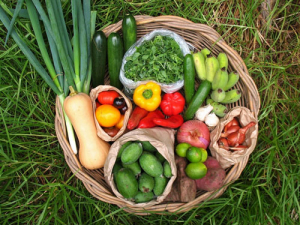Amidst the coronavirus upheaval, one thing is certain – agriculture will see our economy through.
The world still needs to eat and trade channels remain open. The bedrock of New Zealand’s economy is still agriculture and our main export is of course food.
Farms and orchards will carry on, and with our biggest market China turning a corner with its COVID-19 situation, demand for our produce will remain strong.
In fact, even when the outbreak was peaking in China, prices didn’t suffer as much as expected. In particular, dairy prices held firm. Forward demand for meat is also strong, buoyed by the impact of China’s swine fever outbreak.
The fundamentals of food supply and demand remain strong and while there’s a case for reducing our dependence on Asian markets, we’ll be glad of our trade relationship with China during the coming months.
To get us through, farmers will need our support. They’ll need good, trustworthy information. They’ll need the usual inputs from the service and supply parts of the industry. They’ll need some breathing space from political moves that might restrict their ability to operate efficiently.
And they’ll need to know we’ve all got their backs and are grateful for their, often unheralded, contribution during these unprecedented times.
It is reassuring to know farming will get through in relatively good shape. Other parts of the economy will not be so lucky: Travel bans will be devastating for businesses and workers in tourism and the Government’s business support package will be crucial. Job losses, however, are already happening in that industry.
Agriculture is a huge job generator and the Government should be looking to help redundant workers from the tourism industry into the seasonal and permanent jobs in the primary sector. With restrictions on immigration, demand for labour will be high.
There are still some roadblocks in farmers’ way.
Dry conditions remain a problem in many areas. More government assistance will help tide over the hardest hit until the rain returns. Banks need to do their bit as well and loosen their lending restrictions, while the Government needs to change its tone towards farmers.
The country is going to need farmers and the primary sector more than ever.











